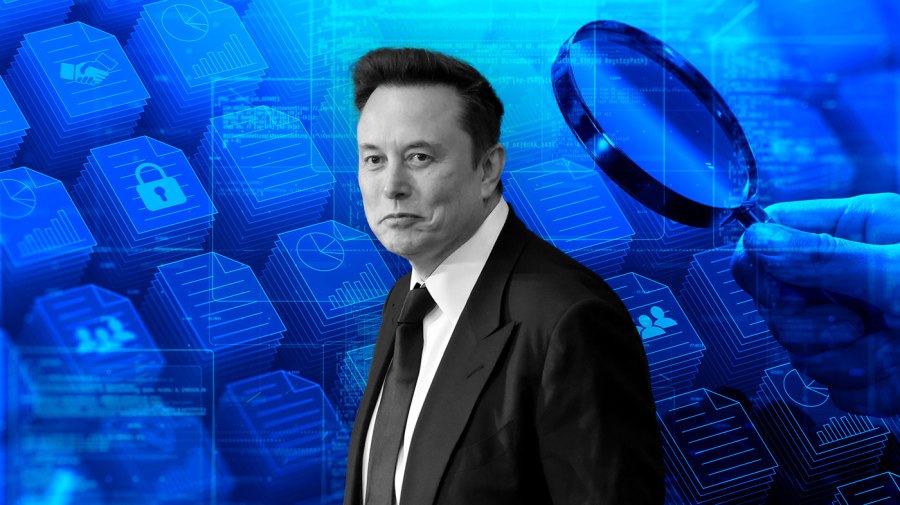Elon Musk’s DOGE: Revolutionizing Government Efficiency or Overstepping Boundaries?
In recent weeks, Elon Musk’s Department of Government Efficiency (DOGE) has taken center stage in Washington, sparking both praise and controversy. Created by President Trump on January 20, 2025, DOGE aims to slash federal spending and streamline government operations. However, the task force’s rapid actions and unconventional methods have raised concerns about transparency, accountability, and potential conflicts of interest.
Key Developments
DOGE claims to have saved over $1 billion by canceling diversity, equity, and inclusion contracts and other expenses.
The task force has gained access to the Treasury Department’s payment system, raising alarms about data security and potential misuse of sensitive information.
DOGE has targeted several agencies, including USAID and the Social Security Administration, for spending cuts and program changes.
Musk, classified as a special government employee, is not required to file public financial disclosure reports.
Potential Impact and Concerns
Government Efficiency: Supporters argue that DOGE is necessary to rein in bloated federal spending and reduce the national debt, which has reached $36 trillion.
Data Security: Critics worry about potential breaches of personal information, including Social Security numbers and bank account data.
Transparency: Despite initial promises of transparency, DOGE’s operations have been largely secretive, with Musk avoiding public scrutiny and congressional hearings.
Conflicts of Interest: Concerns have been raised about Musk’s private business interests potentially conflicting with his role in DOGE, particularly given his companies’ government contracts.
Democratic Processes: Some argue that DOGE’s actions challenge foundational concepts of consensus and transparency in the democratic system.
Background and Context
Elon Musk, known for his entrepreneurial ventures like Tesla, SpaceX, and X (formerly Twitter), has brought his disruptive approach to government reform. His involvement in DOGE aligns with President Trump’s campaign promises to “drain the swamp” and reduce government inefficiencies. The use of special government employees (SGEs) like Musk is not new. Created in 1962, the SGE role allows the government to tap into outside expertise. However, the extent of Musk’s influence and the rapid pace of DOGE’s actions are unprecedented.
Different Perspectives
Supporters of DOGE, including President Trump and his allies, believe that the task force’s efforts are necessary to eliminate waste and corruption in government spending. They argue that the potential benefits outweigh concerns about the methods employed.
Critics, including Democratic lawmakers and government watchdogs, worry about the lack of oversight and potential for abuse. They argue that DOGE’s actions could have far-reaching consequences for government programs and individual privacy.
Conclusion
As DOGE continues its work, the debate over its methods and impact is likely to intensify. The task force’s actions raise important questions about the balance between government efficiency and accountability, as well as the role of private sector leaders in shaping public policy. As this situation develops, it will be crucial to monitor both the concrete results of DOGE’s efforts and their broader implications for democratic governance.









